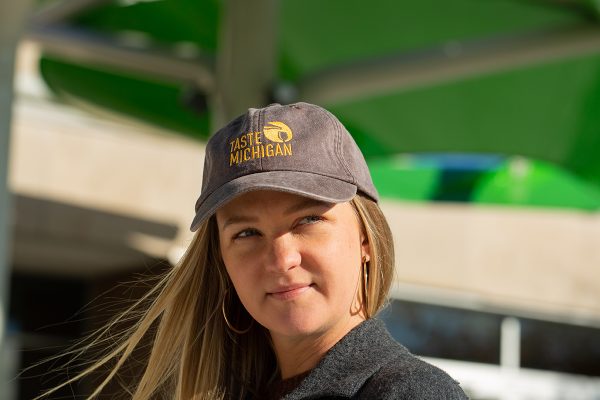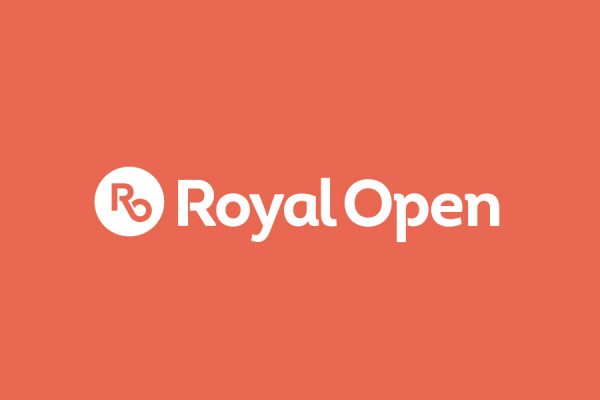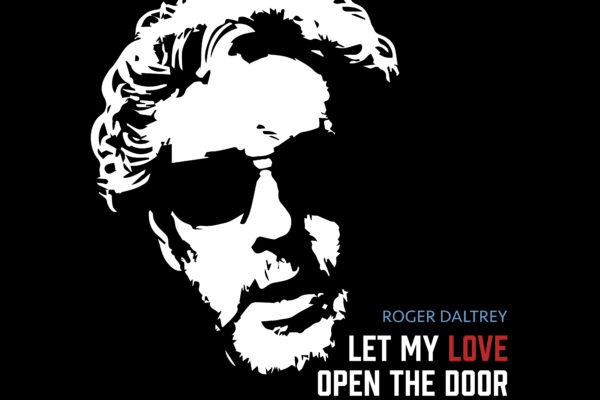Regional Transit Authority Of Southeast Michigan
Southeast Michigan has long been The Land Where Car Is King. It’s the Motor City, after all. For some six generations now, the fortunes of this region have been tied to the cars, trucks and SUVs designed, engineered, manufactured – and driven – here.
And for a big chunk of those 120 years (or so), Southeast Michigan’s economic and cultural attachment to the passenger vehicle meant the region often showed indifference, and even hostility, to public transit. As other regions across the country built out their mass transit infrastructures, Metro Detroit and environs went the other way.
That was then.
More recently, Southeast Michigan has been playing catch up on all things transit. There’s new appreciation for what transit can mean for bringing diverse communities together and enabling people to get where they need to go.
In 2013, the Regional Transit Authority of Southeast Michigan – RTA for short – was set up to take the lead in building a culture that supports public transit in these parts.
That means working with the major transit systems in Wayne, Oakland, Macomb and Washtenaw counties. And nearly 100 other organizations that provide transit within their communities. It means being an incubator for new ideas, new technologies, new ways of serving the region. It means thinking a lot about how transit and the region can evolve and grow together. It means grabbing the region’s fair share – and more – of state and federal funds earmarked for transit. It means engaging with governments, businesses, nonprofits, community groups, citizens and riders on issues affecting mobility, the economy, quality of life and regional identity. And it means taking the lead on spreading the word about what public transit can do for Southeast Michigan.
As part of this effort to put transit on the agenda for the communities of Southeast Michigan, the RTA is looking to raise its profile among the people of Southeast Michigan. And to raise its profile, the RTA needed to rethink its branding.
Which is where we came in.
The RTA hired Factory to give its branding a makeover. To replace the old branding – kind of cold and corporate – with new branding that can lay the foundation for renewed public engagement.
Which is what we did.

For prep work, we spent time with the team at the RTA – listening to their thoughts on transit today, the work the RTA does and the future of transit. We read a lot of reports and policy pieces, reviewed the output of listening sessions and public surveys and tracked down the branding of all major transit organizations in America’s top 51 metro areas. (Spoiler alert: Most of it sucks.)
Then we got busy with the real work.
It started with a logo. Actually, it started with a lot of logos. Scores of logos. Of which 14 were shared with our clients. Throughout this exploration our mantra was “friendly and contemporary meets professional.” In the end, clients landed on the logo you see on this page. Definitely friendly. Definitely contemporary. And, we think, professional.
Next was creating a design palette to guide the production of brand essentials – business cards, letterhead, social posts, event banners, ID badges, etc. It was another exploration, one that landed on a simple, elegant and warm look for the RTA brand and its communication.
Finally, there’s a new … well, we call it a brand line. Some call it a slogan. Others call it a tagline. A few out there might call it a strapline. It’s a little piece of copy that sums up what the RTA is all about in three simple words:
“Get On Board.”
It means what it says: Give public transit a try. And be part of the growing population that believes transit must be a fundamental piece of Southeast Michigan’s path to the future.
Credit for logo and design goes to Izabela Skonieczka, our head of all things design, and Shana Preuett, Senior Art Director.
And, in case you’re wondering, yes, when working on brand identity, we commonly create scores of logos – but only share a fraction of them with our clients.
Our feeling is, if you don’t explore, you never discover.








